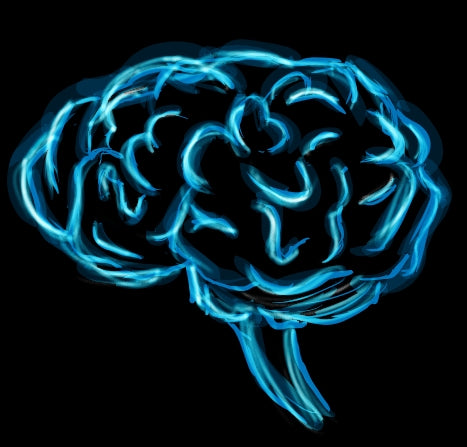
Mental Health with Herbalist Amanda Furbee
Amanda FurbeeShare
What is mental health anyway?
By definition it is,
“Psychological well-being and satisfactory adjustment to society and to the ordinary demands of life”
--www.dictionary.com
We are accustomed to categorizing things, places, people and conditions. We organize the ideas in our brains in order to match normal societal means of what is ordinary--the status quo. This allows us to simplify and understand broad spectrums of concepts. That is alright, except when it comes to things we don't understand as well.
An example of this in our society is that if a condition is not "ordinary" then it becomes unusual, and therefore, categorized as a mental condition or "illness." In modern psychiatry, like many sciences, it is common to categorize mental health based solely off of similar case studies. Then we dissect, label and try to fix.
We don’t always want to know what’s “wrong” or why it's “wrong,” we just want it fixed. Maybe we are afraid to know the underlying truth, or maybe we are ashamed to know and understand the issue completely. Our culture screams “Give me that quick fix!" Often, I see folks that are afraid to feel, to grieve or to show any emotion at all. We have to encourage, support and uplift one another, relearn our feelings, and practice expressing ourselves more.
Each moment we encounter shapes who we are. No one person is exactly the same. We may have similarities, due to being in the same place or in a similar situation, and yet we all interpret situations emotionally on a different scale. I find that it is quite exquisite and beautiful how unique these emotions can be!
Because the spectrums on Mental Health vary so vastly, it is important to dig for baseline answers. Where does the “condition” stem from? Is it lifestyle? Is it nourishment? Stress levels off the charts? Often times, modern psychiatry just puts a band-aid on the issue instead of addressing the core concern. This can stunt our emotional release and re-program our responses to situations. In-turn, causing a “condition” that continues with a band-aid instead of an accepting of the emotional vulnerability needed to heal us.
In traditional medicine, we dive a bit deeper into these key components such as lifestyle, exercise or movement and how well we are nourishing our bodies. Jon Keyes from Hearthside Healing gives a beautiful description of how traditional medicine addresses Mental Illness.
When looking at emotional distress, traditional medicine practitioners tend to look at lifestyle choices and improving the ability to manage stress as well as using somatic techniques (acupuncture, cupping, massage) and encouraging sacred movement (tai qi, qi gong, yoga) for healing. Instead of examining previous trauma and analyzing ones thoughts and experience, a traditional medicine practitioner stresses lifestyle change and using healing techniques.
One of the major differences between traditional medicine and modern psychiatry is the notion of length of an illness. Modern psychiatry labels broad experiences under the rubric of one label (schizophrenia, bipolar disorder) and generally see these labels as permanent conditions. Traditional medicine tends to see emotional distress as a temporary condition that can be alleviated by natural remedies. Traditional medicine also incorporates a wide vocabulary for describing the complex forms of emotional distress that people experience.
-(http://www.hearthsidehealing.com/traditional-medicine-and-mental-health/)
Being emotional and not having all the answers for why you may feel a certain way may be exhausting and overwhelming. But by simply peeling back the layers of events and traumas you can find your balance. Traditional medicine has many route which can beheld to you by addressing your emotional imbalances. It is a solid approach to finding out more about yourself and your individual exploration to maintaining a stable, growing, dynamic you.
Love yourself!
To set up an herbal consultation with me email: info@theherbshoppepharmacy.com
